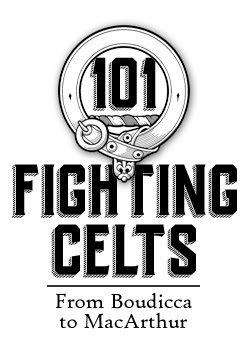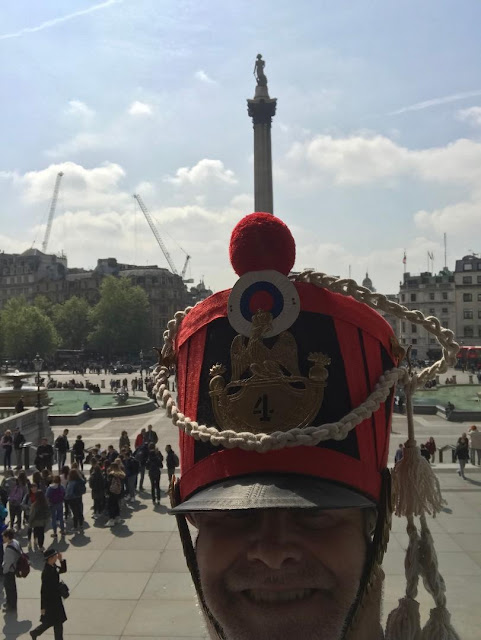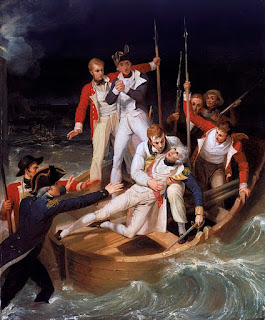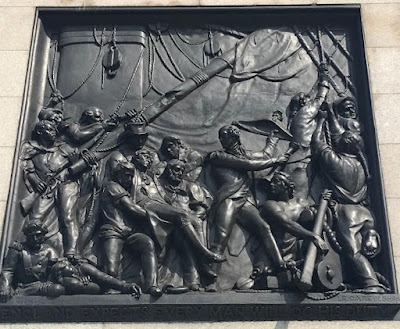 |
| Alexander Litvinenko |
Londoners and particularly the London press love a good murder. Hence the popularity of Killing Eve and so many other fictional programs focussed on murder. One of the juiciest murders in recent history took place in London about a year after I moved here. In the fall of 2006 Alexander Litvinenko was assassinated on orders from Putin's Kremlin.
Litvinenko was a former Russian spy who had worked for the Russian Security Service (FSB) and specialized in organized crime. In 2000 he defected and sought asylum in the UK. He was married (twice) and had three children. He worked as a bodyguard and provided security services for Boris Berezovsky, a Russian oligarch who was also living in the UK. Berezovsky was a former mathematician who made a fortune in Russia in the automobile business during the Yeltsin years. He fled Russia after having crossed swords with Putin who viewed him as a potential rival.
Litvinenko was an outspoken and fearless critic of Putin. In 2002 he co-authored a book (Blowing Up Russia: Terror from Within...www.amzn.com/B0013TFC96) documenting the coup that brought Putin to power in Russia. This book was published, appropriately enough, by S.P.I. books. Apartment buildings in Moscow were blown up and civilians were killed to spread terror that led to calls for the imposition of a strong man who could restore order.
On November 1, 2006 Litvinenko began suffering from what he took to be severe food poisoning. He had, in fact been poisoned that day by Polonium 210. Polonium is is an extremely rare and radioactive chemical element that was first discovered by Madame Curie in 1898. Trace amounts of it are used in the manufacture of smoke detectors. The only two factories in the world that produce Polonium are in Russia. The cost of the Polonium that killed Litvinenko has been estimated to have been around 20,000 pounds. A very expensive poison indeed!
 |
| Alexander Litvinenko |
Over the course of three weeks Litvinenko's health went into rapid decline. He lost all his hair. His body was, in effect, being microwaved from the inside out. He died on November 23, 2006. He was buried in a lead lined coffin in Highgate cemetery -- not far from the final resting place of Karl Marx.
I remember walking along the popular Piccadilly Road not long after the murder. A popular sushi chain restaurant (Itsu...www.itsu.com) along Piccadilly was shuttered and blocked from public access with a wooden construction. Rumors swirled about poisoned sushi having done him in. These rumors were compounded by the revelation that an Italian lawyer with the surname of a Bond villain -- Scaramella -- had met Litvinenko at this Itsu location on November 1st. Investigators found traces of Polonium at the restaurant. This all proved to be a bit of red herring.
 |
| Jodie Comer of Killing Eve She didn't do him in |
 |
| Andrey Lugovoy |
 |
| Dmitri Kovtun |
Lugovoy had been staying at the Sheraton hotel on Piccadilly prior to the assassination. Both Luguovoy and Kovtun were Russian intelligence operatives who met Litvinenko at the bar of the Millennium hotel on Grosvenor Square in London (www.hotels.uk.com/uk/greater-london/hotels-in-mayfair/millennium-hotel-london-mayfair.w1k-2hp). The hotel stood just yards away from what was then the American embassy in London. The D-Day invasion was, in fact, planned in this very neighborhood during World War II (americanconservativeinlondon.blogspot.com/2016/06/d-day-plus-72.html). Over the course of a brief twenty minute meeting Litvinenko sipped from a pot of green tea that was served in the Mayfair watering hole. This was how he ingested the deadly polonium. Agatha Christie, Dorothy Sayers or Phoebe Waller-Bridge could not have dreamt up a more bizarre plot.
 |
| One drop of Polonium or two...? |
Lugouvoy, however, had left behind a tell tale trail of polonium in three hotel suites, restaurants and even his seat in a soccer stadium.
Both Lugouvoy and Kovtun predictably returned to Russia and denied any responsibility. Neither has set foot in the UK since the assassination. A 2016 commission led by Sir Robert Owen concluded that Putin must have had foreknowledge of the attack on Litvinenko. See the full inquiry here...assets.publishing.service.gov.uk/government/uploads/system/uploads/attachment_data/file/493860/The-Litvinenko-Inquiry-H-C-695-web.pdf.
Villanelle in Killing Eve seems to be continually and literally getting away with murder. Alas, Lugouvoy and Kovtun seem to have gotten away with murder as well. Putin too, I fear.
It seems clear that the Kremlin sought to silence a harsh critic who, in their eyes, had become a traitor. But why did they go to all the trouble of using Polonium? Why did they kill Alexander in such a ghastly manner?
Under questioning Kovtun admitted that the assassination was "meant to set an
example". Clearly the message was directed to the millions of Russians who live abroad. Around 66,000 are estimated to be living currently in the UK alone. The message was that the Western rule of law will not protect anyone who crosses Vladimir Putin.
In 2013 Boris Berezovsky died in suspicious circumstances in his mansion in Berkshire in the UK. He had been found hanging by his bodyguard. He died at age 67.
 |
| Millenium Hotel Mayfair, London |
I must leave the final words to Litvinenko himself who, sensing his approaching death, said, "You may succeed in silencing one man but the howl of protest from around the world, Mr. Putin, will reverberate in your ears for the rest of your life."
(Note: I am indebted for this article to Dr Barry of County Mayo and London Walks who guided me on a tour of London exploring the tragic fate of Alexander Litvinenko. Here is their link...http://www.walks.com/our-walks/the-london-of-litvinenko)
You can find signed copies of our books at
these web sites...
Or regular copies on Amazon...
Or on Kindle...
Listen to my interview with Bob Cudmore...http://bobcudmore.com/thehistorians/tracks/ChristopherKelly(August2017)(29)(mp3).mp3
And my interview...www.thebook-club.com/blog/bookshelf-interview-with-christopher-kelly
And my most recent interview...http://www.wbur.org/hereandnow/2018/08/17/america-invaded-christopher-kelly
And Coming soon...














